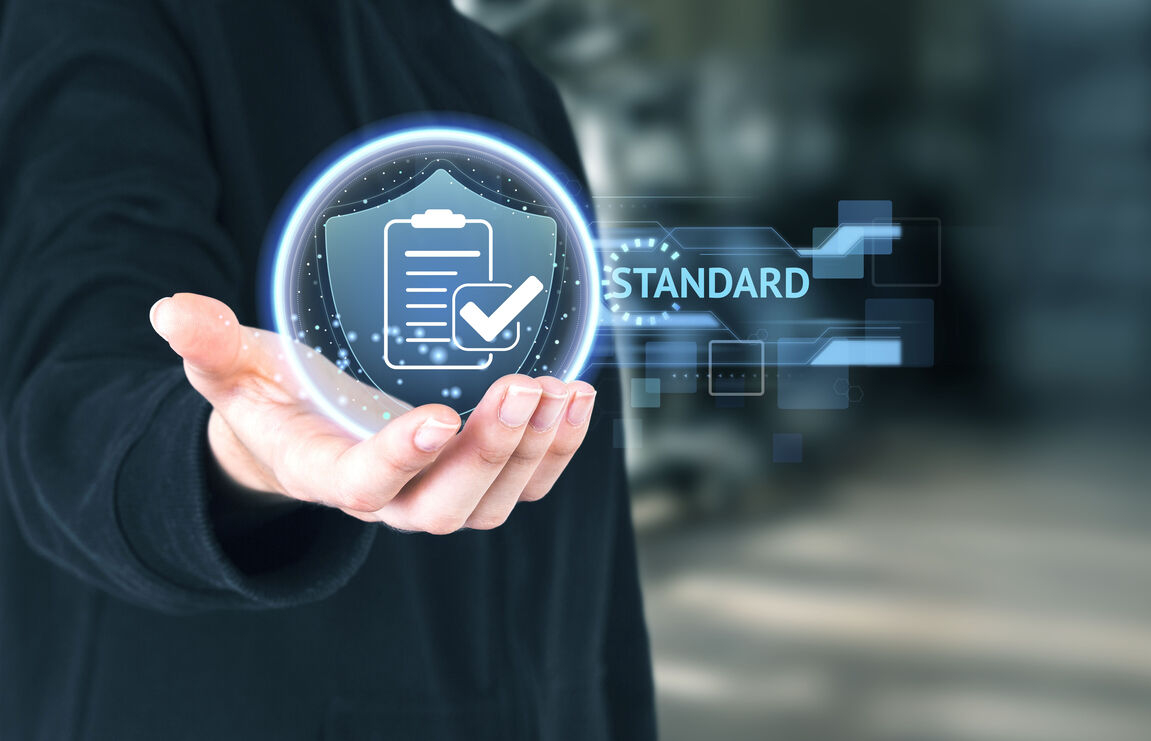What is ISO 27001?
ISO 27001 is an internationally recognized standard for information security management systems (ISMS). It provides a framework for organizations to protect sensitive data, mitigate risks, and ensure compliance with security best practices. This standard is applicable to businesses of all sizes and industries, helping them safeguard information from cyber threats, data breaches, and unauthorized access.
Why is ISO 27001 Important?
With the rise in cyberattacks and data privacy concerns, businesses must demonstrate their commitment to security. ISO 27001 certification reassures clients, partners, and stakeholders that an organization follows stringent security protocols. It not only enhances credibility but also reduces the likelihood of security incidents, minimizing financial and reputational damage.
Key Requirements for ISO 27001 Certification
To achieve ISO 27001 certification, organizations must establish and maintain an ISMS that meets specific criteria. This includes conducting risk assessments, implementing security controls, defining policies, and ensuring continuous monitoring and improvement. Leadership commitment, employee awareness, and regular audits are also essential for compliance.
The ISO 27001 Certification Process
The certification process involves several stages, starting with gap analysis and risk assessment to identify vulnerabilities. Organizations then implement necessary security controls and undergo an internal audit to evaluate compliance. The final step is an external audit conducted by an accredited certification body, which assesses adherence to ISO 27001 standards before issuing certification.
Benefits of ISO 27001 Certification
ISO 27001 offers numerous benefits, including improved data security, regulatory compliance, and a competitive edge. Certified organizations experience fewer security breaches, gain customer trust, and streamline security processes. Additionally, it helps businesses avoid legal penalties related to data protection regulations such as GDPR and HIPAA.
Challenges in Achieving ISO 27001 Certification
While certification brings significant advantages, the process can be complex and resource-intensive. Common challenges include aligning security measures with business operations, training employees, and maintaining ongoing compliance. Organizations must invest in a structured approach and seek expert guidance to navigate these hurdles effectively.
Maintaining ISO 27001 Compliance
Achieving certification is not a one-time task; it requires continuous monitoring, regular audits, and updates to security measures. Businesses must stay vigilant against evolving cyber threats and adapt their ISMS accordingly. Regular employee training and periodic risk assessments play a crucial role in maintaining compliance and upholding data security standards.
ISO 27001 certification is a strategic investment that strengthens an organization's security posture, builds trust, and ensures long-term business resilience.

